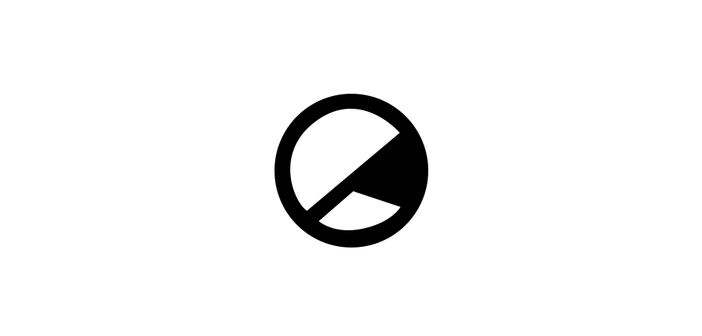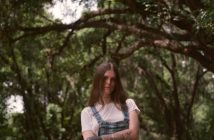40 years on from its first release, Seventeen Seconds still stands today as one of the defining albums of the goth rock genre.
-
8
Seventeen Seconds, although regularly eclipsed by its later successor Disintegration, is a landmark album for both The Cure and British music in general. At 40 years old, it still stands as not only one of the best Cure albums out there, but one of the best conceptual albums in British history, as a creation of complete and utter creative chaos and passion.
The band solidified their place in the gothic rock hall of fame with the introspective, melancholy lyrical themes and ambient music of Seventeen Seconds, turning away from the pop-rock, faster paced tunes of debut album Three Imaginary Boys (1979). Such a gothic foundation defined both their sound and look for years to come, with the atmospheric dourness of the album clearly present in future releases Faith (1981) and Pornography (1982), with all three albums now being better known as The Cure’s key contribution to the growing gothic rock genre.
Seventeen Seconds also marked the first time that Robert Smith, lead singer of the band and absolute rock legend, had complete creative control over an album, from the track listing to the album cover. The recording process was racked with difficulties; the band were only given 7 days to record and mix the whole thing, leading to long hours and rushed studio time. Michael Dempsey, the original bassist, left the band in early 1980, and Matthieu Hartley left the band in the same year, disinterred in their new ‘suicidal, sombre’ sound. With this backdrop of both emotional and physical difficulties, the tormented tone of Seventeen Seconds becomes even more prevalent.
Slow drum beats, mellow guitar riffs, and eerie, echoing vocals dominate the album. ‘A Forest’ is easily the standout track of the whole piece; the slow, ghostly opening guitar riff is iconic, as well as the haunting lyrics and keyboard. It’s the most played Cure song, being performed at over 1000 concerts, and undoubtedly completely embodies the off-beat, dark mood that characterised the band’s early discography; it was also the bands first ever entry into the UK Top 40. Another stand out from the album, in my opinion, is the instrumental piece ‘A Reflection’. It reeks of gloominess, with the almost off-key piano and echoing wails in the background, and could easily be used for the opening of a horror movie. As the opening to the album, it introduces and embodies the off-kilter calmness of the whole piece, letting the listener know that this is a designed piece of pure passion.
Seventeen Seconds is completely the kind of album you want to listen to led in bed at 3am, in that time when the world doesn’t really feel real, and just let yourself get drifted away by the atmospheric sounds of songs that feel like they’re aching for something that neither the listener nor the band itself can define. Especially when paired with the crackly, earthy sound of a vinyl, listening to Seventeen Seconds becomes an experience without you even realising it. At such an early stage of their career, The Cure were already making albums that still hold up nearly half a century later, a testament to their lasting relevance and talent as band. This Record Store Day, it’s definitely one to pick up.
The Cure’s Seventeen Seconds is available on vinyl from participating stores for Records Store Day UK, April 18th 2020.




